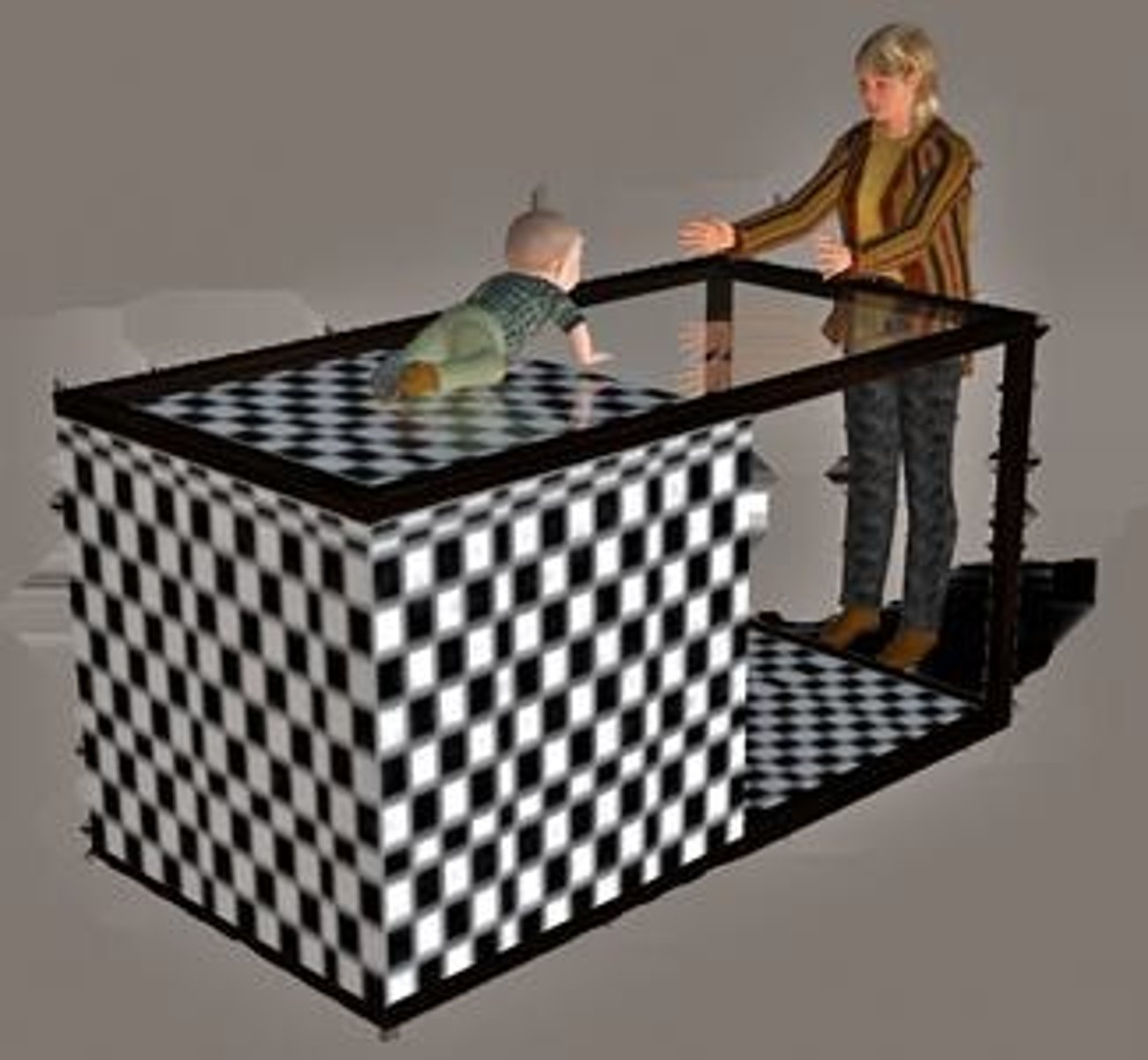CH4 Physical Development in Infancy: Growth, Motor Skills, and Sensory Perception
1/21
There's no tags or description
Looks like no tags are added yet.
Name | Mastery | Learn | Test | Matching | Spaced | Call with Kai |
|---|
No analytics yet
Send a link to your students to track their progress
22 Terms
What are the key factors influencing variability in infant growth rates?
Genetics, adequate nutrition, and cultural caregiving practices.
How much does the infant brain grow in the first two years?
It triples in size, reaching about 75% of its adult weight by age 2.
What is synaptogenesis and its role in brain development?
Synaptogenesis produces billions of new neural connections in the first year.
What is the purpose of pruning in brain development?
Pruning removes unused neural connections, creating a more efficient brain.
What distinguishes experience-expectant growth from experience-dependent growth?
Experience-expectant growth relies on universal experiences, while experience-dependent growth reflects unique learning opportunities.
What is myelination and its significance in infant development?
Myelination is the insulating layer around nerve fibers that speeds up communication, enhancing motor control and sensory processing.
What non-invasive tools are used to measure infant brain activity?
EEG and fNIRS (Functional near-infrared spectroscopy).
What do researchers learn from measuring infant brain activity?
They observe how infants respond to visual and auditory stimuli and the importance of sensitive periods for brain adaptability.
What are the first gross motor skills infants typically develop?
Lifting and steadying the head, rolling over, sitting independently, crawling, and walking.
At what age do most infants begin to walk?
By about 12 months, many infants walk with or without support.
How does newborn vision differ from adult vision?
Newborn vision is blurry, with acuity around 20/400, and they prefer faces and bold patterns.
When do infants develop the ability to perceive depth?
Around 6-7 months.
What is the significance of the classic visual cliff experiment?
It shows that infants avoid drop-offs once they begin crawling, indicating depth perception.

How is hearing developed in infants?
Hearing is well-developed at birth, shaped by prenatal exposure, and infants prefer their mother's voice.
What taste preferences do newborns have?
Newborns prefer sweet flavors like breast milk.
How much sleep do newborns typically get?
Newborns sleep about 16-18 hours a day in short cycles.
What nutritional benefits does breast milk provide?
Ideal nutrition and immunity benefits.
What is failure to thrive in infants?
It occurs when infants do not gain weight or grow as expected.
What are some health concerns for infants?
Vulnerability to respiratory infections, digestive issues, and the risk of SIDS.
How do cultural caregiving practices affect infant development?
They influence motor development timelines and feeding practices.
What is the average growth difference between boys and girls in infancy?
Boys may grow slightly larger and develop some motor skills earlier, though differences are small.
What is the overall significance of infancy in physical development?
It is a period of remarkable growth and transformation, laying the foundation for future cognitive and social development.